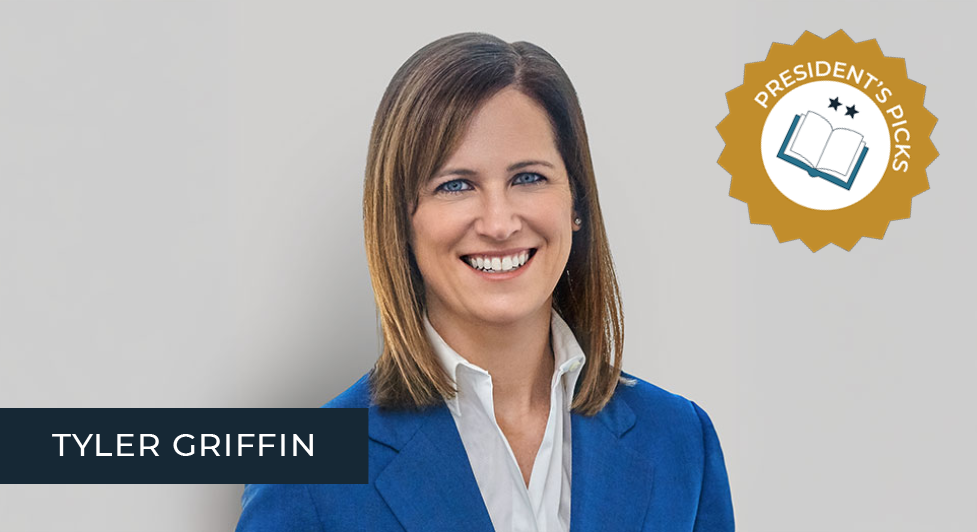Discussing book recommendations with a finance-focused audience is nearly impossible without touching on Michael Lewis. His work often examines market dislocation, disruption, or sometimes just a good ol’ Wall Street story: Liars Poker, Moneyball, The Blind Side, The Big Short. Even those who are rushed for time have probably at least caught a movie or two. However, there is no movie for my favorite Michael Lewis book.
Lewis wrote The Undoing Project well after all the titles listed above, but the book’s theme – human judgment and the fallacies thereof – forms the basis of much of his work. Specifically, The Undoing Project explores the groundbreaking work of psychologists Daniel Kahneman and Amos Tversky, two friends who, while individually brilliant, demonstrated that they were far more influential together. Their work on human judgment biases and heuristics (mental shortcuts that help us make quick decisions) fundamentally changed how we think about decision-making and behavioral economics. While this story delves into their lives, contributions, and our shortcomings as humans, there is an underlying theme that should not be ignored – the power of collaboration. Each of these men could have been respected in their own right, but it was not until they were together that they changed how we think about thinking.
Though our line of work arms us with as much data as a Bloomberg terminal can provide, how often do we make a judgment call on an asset, market, or even the economy without fully accounting for the biases that shape our decisions? In the context of data-driven decision-making, it’s not just about the data itself; it’s also about how we interpret and use it. Our ingrained instincts (or biases) often shape our understanding of the numbers in ways we’re unaware of. This is where heuristics come into play, for better or for worse.
Many heuristics are now well known. There is anchoring: We were able to secure an insurance waiver on an acquisition in 2020, and now, as a result, we feel confident that we can do the same on the refi. There is availability: Remembering that CMA recently reported a loan default in Charlotte makes us more critical of the Charlotte market. There is representativeness: We interview an Ivy League candidate for a job and automatically assume they are highly capable and a great fit for the team.
Are we consciously aware of these mental shortcuts and their impact? We should keep heuristics in mind when making day-to-day decisions about projects to take on, the creditworthiness of assets and borrowers, and even the recruitment of new team members. The power of collaboration is just as crucial a takeaway. Just as Kahneman and Tversky were more impactful as a team than they could have ever been on their own, collaboration within our teams allows us to counterbalance personal biases and arrive at more effective decisions.
Reading about economics and psychology can be quite bland. Or, what do the kids call it these days? Basic? However, in typical Lewis fashion, he manages to turn a story about the dawn of behavioral economics into a tale of the human condition.
President’s Picks is a book review and leadership advice column written by Tyler Griffin, president of mortgage banking at Lument. Email tyler.griffin@lument.com with any suggestions, comments, or questions.
